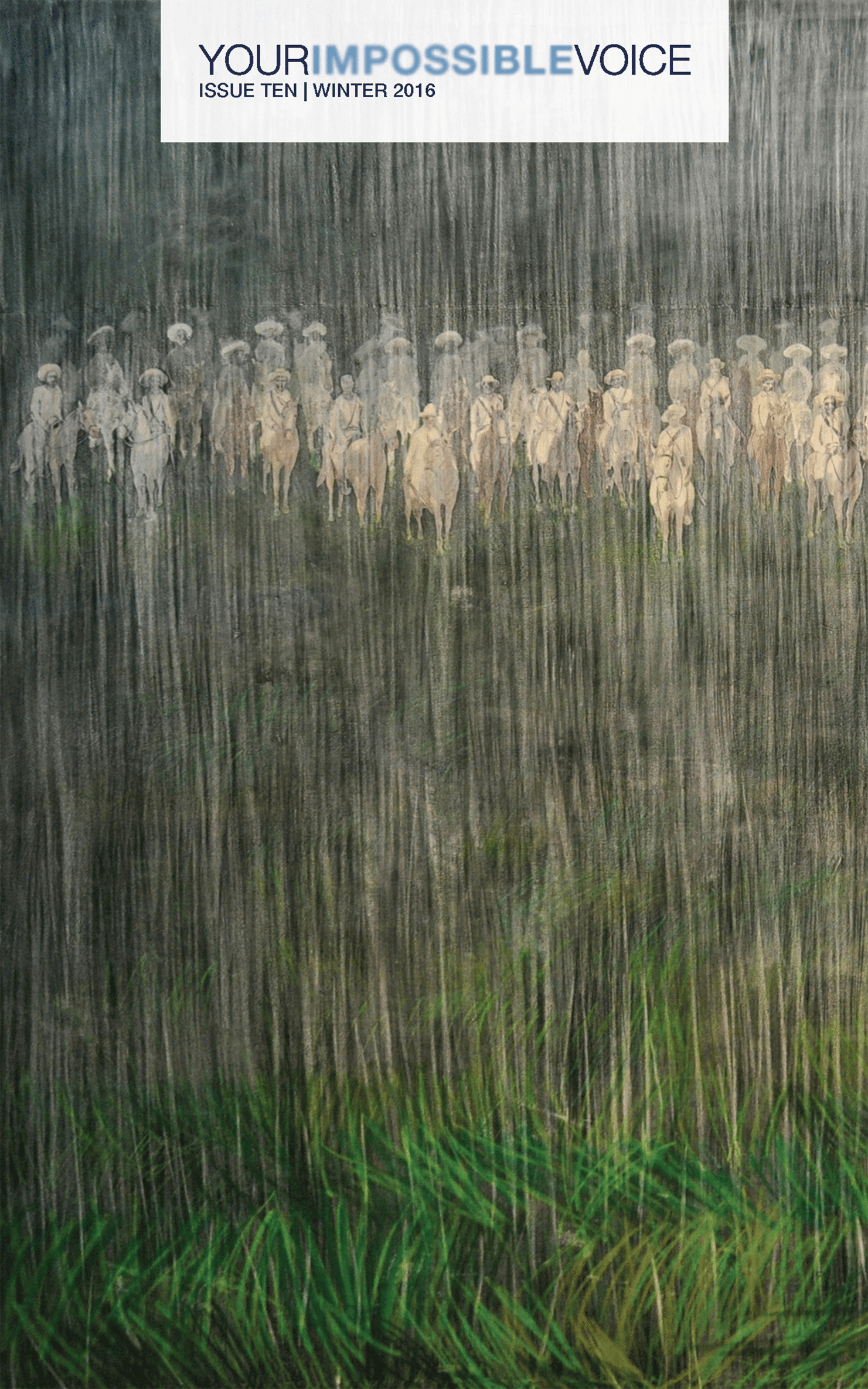By Juan Carlos Flores
Translated by Kristin Dykstra
She’s singing old boleros, this isolated person, according to medical files, is on the edge, and if the men of the new stone age approach, it’s only to unload their obscure packages, without paying tribute to the sex, this isolated person, according to medical files, is on the edge, and if a bolero could scare off the sadness, there wouldn’t be another mouth soaked in alcohol, at the bar, around dawn, with dirtied light and flowers smelling rotten over the manure of being there, this isolated person, according to medical files, is on the edge, she or somebody, singing old boleros.
Juan Carlos Flores was born in Havana in 1962. For decades he has lived nearby in Alamar, a housing community rapidly constructed on the city’s east side starting in the 1970s. Flores never completed college and does not hold a job in the culture or educational sectors, yet he is widely recognized as one of the island’s most important contemporary poets. He draws from influences in popular music and the visual arts as well as intense readings in Cuban and international poetry. Flores is a foundational figure in the performance cultures that emerged in recent decades in the public housing community of Alamar. In 1990 Flores won the David Prize—a national award for emerging writers—for his first book of poems, Los pájaros escritos. His collection Distintos Modos de Cavar un Túnel, the opening of a trilogy dedicated to “the poetical resurrection of Alamar,” won the prestigious 2002 Julián del Casals prize, awarded by Cuba’s national union of artists and writers. The poems here are taken from his third book, which is the second entry in his Alamar trilogy: El contragolpe (y otros poemas horizontales) [The Counterpunch (And Other Horizontal Poems)] (Letras Cubanas, 2009).
Kristin Dykstra’s translations of poetry collections by Reina María Rodríguez, Juan Carlos Flores, Ángel Escobar, and Marcelo Morales are published/forthcoming from the University of Alabama Press. She is the author of “Intermedium,” a 2015 commentary series about literary translation at the University of Pennsylvania poetics magazine Jacket2. Dykstra won the 2014 Gulf Coast Award for Literary Translation, judged by Jen Hofer, with excerpts from The World as Presence/El mundo como ser by Morales. With Kent Johnson, she is co-editor of Materia Prima, an anthology dedicated to Amanda Berenguer (Uruguay) and forthcoming from Ugly Duckling Presse.

